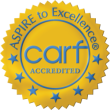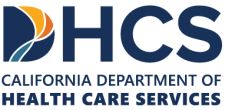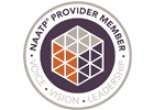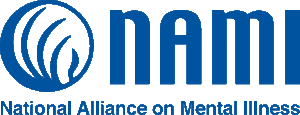We don’t have to tell you that recovery is a long journey with ups and downs and lots of stumbling blocks along the way. Knowing what to expect can help you stay the sober path and better handle any challenges that come your way. The Substance Abuse and Mental Health Services Administration (SAMHSA) outlined some common stumbling blocks for people in recovery – along with some tips to overcome them. Take a look:
Your appearance. During recovery, your outward appearance tends to improve quicker than your ability to stay sober. SAMHSA calls this the “looking good” trap and says, if you’re not careful, it can cause you to begin to doubt that you have a substance use disorder. Don’t let the mirror fool you, warns SAMHSA.
Your thinking patterns. A big part of staying sober is using healthy thinking to prevent yourself from romanticizing your past life and controlling cravings, which don’t go away quickly. If you find yourself spiraling into unhealthy thought patterns, stop and remind yourself of the pain that addiction caused you and review the positive things in your life that have occurred since you decided to get sober. A few more tips from SAMHSA:
- Don’t talk about the fun of substance use. Ask your friends to interrupt you when this happens.
- Don’t listen when others talk about the fun of use. Change the subject or walk away for a moment.
- Attend a support group and listen to other’s stories to be reminded how sneaky addiction is.
Your triggers and cravings. It’s not unusual for a craving to suddenly come back after three or six months and then quickly fade to a low level again, notes SAMHSA. Even without cravings, triggers abound so you need to be prepared by knowing the people, places and things that could cause you to relapse.
Your emotions. Depression, anxiety, anger and loneliness – these emotions can interfere with your recovery if you don’t get help. Take care of your mental health by practicing relaxation techniques and seeking support from friends and loved ones as well as a trained professional.
Your paycheck. Money can be a trigger, so it’s important to make a plan so you pay your bills and avoid buying drugs and/or alcohol. A few tips:
- Arrange for direct deposit of your paycheck, if possible.
- Take a friend or family member with you when you go shopping.
- Plan ways to avoid dealers and other users who might come looking for you after payday.
Ask About Our Post-Relapse Care
Rising Roads Recovery wants to help you educate yourself on your very own patterns. Addiction is a chronic disease and a previous relapse does not mean failure – nor is relapse necessary for long-term recovery. Just like everyone’s recovery plan looks different, so does everyone’s relapse avoidance plan. You have a unique history that needs to be accounted for in your plan. And we’re here to help; we’re here to plan, support, and love. To learn more, call today: 866-746-1558.





